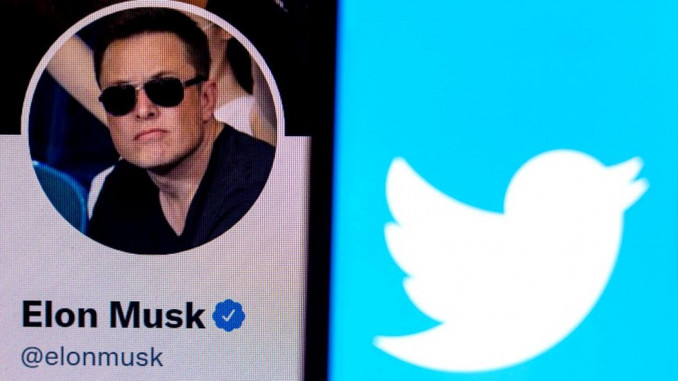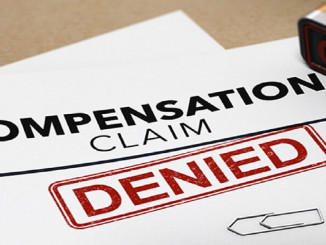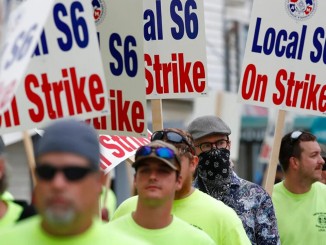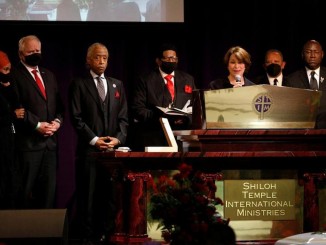
On Monday, April 25, the richest man in the world, Elon Musk, became the largest shareholder of one the most popular social media platforms, Twitter, spending $44 billion (update May 18: Musk now claims the transaction is on hold). To put $44 billion into perspective, someone making $50 thousand per year would have to work 880,000 years to make the amount of money that he spent on Twitter alone.
In some ways this move by Musk to control Twitter is nothing new, since already only six corporations control an estimated 90% of all mass media. Prior to Musk’s purchase of Twitter, it was largely owned by investment firms like Vanguard Group and Blackrock whose directors are among the wealthiest people on Earth.
Musk, co-founder of PayPal, owner of Tesla Motors and SpaceX, and trader in cryptocurrencies, became the world’s richest person in 2021. He has developed a reputation for using Twitter to amplify far-right libertarian talking points and his own narcissism. Musk once crudely bragged about the U.S.-supported coup in Bolivia in 2020 in a since-deleted tweet where he said, “We will coup whoever we want! Deal with it!”
In a recent tweet regarding his purchase, Musk typed, “I hope that even my worst critics remain on Twitter, because that is what free speech means.” He promotes himself as a champion of free speech – which is a noble value in itself worth defending. However, a look into his history of illegally retaliating against workers for organizing and attempting to silence his critics paints a very different picture. His commitment to free speech, like many of the right-wing provocateurs that he has become increasingly associated with, is quite shallow and contradictory. If auto workers begin to organize at Tesla and create Twitter accounts as tools to get their voices out, will their so-called free speech be respected?
Social media networks such as Twitter, Youtube, Facebook, Instagram, and more have become what many describe as the modern “public square,” where many of the issues of society are debated and discussed. Close to half of all Americans get their news from social media sites. However, despite the fact that these platforms have become so central in civic life, they are first and foremost private businesses with the goal of making profit. This so called “public square” is now entirely in private hands. They make money off of a business model that maximizes the engagement of their users, which is another way of saying how much time peoples’ eyes stare at the screen and click on new links. Because of this, these social media sites collect data on their users to create algorithms to promote more and more of the content that they think will be of interest.
For users that are looking at political content, these sites often create a positive feedback loop where people find themselves in so-called echo-chambers where they are only shown things that reinforce their biases. Plus they are shown increasingly extreme content, often radicalizing them in extremist directions and sometimes motivating actual outbursts of violence. For example, Facebook was considered to be a major contributing factor that added gasoline to the fire of sectarian and religious violence in Sri Lanka.
Whether in the hands of Elon Musk or another capitalist, people are understandably concerned about the spread of objectively false information through social media. This “misinformation” or “fake news,” whether related to COVID denial, baseless claims about rigged elections, or threats to the nation, can lead people to take actions based on incorrect information.
But to narrowly focus on the harmful role social media networks play in spreading fake news misses the bigger picture – that we live in a fake democracy in which more and more people have justifiably lost confidence in the dominant institutions: the government, the mass media, the so-called experts, and more. In this context, it should not be a surprise that there is more of an audience for ideas that seem to question the dominant narrative. People have been failed and lied to on many occasions, and many are becoming increasingly aware of this. The problem is, where do they turn when the explanations for understanding the world don’t add up? So is it any surprise there is an audience for fake news and baseless conspiracy theories?
But while the consequences of misinformation are dangerous, the consequences of censorship are more dangerous. Who gets to decide what is truth and what is misinformation? Censorship is a sword that can cut in more than one direction. Not only did Twitter kick Donald Trump off its platform following his role in egging on the capital riots on January 6th, it also kicked off several accounts with alleged ties to “Antifa.”
So would any attempt to “set the record straight” mean setting up something akin to a “ministry of truth” – whether it be run by Silicon Valley billionaires like Musk or Zuckerberg, or officials in the government? Right now, the Department of Homeland Security under Joe Biden is in the process of creating a Disinformation Governance Board right before the 2022 midterm elections, with a stated aim to combat misinformation and disinformation. While we agree that misinformation and lies should be stopped, we can’t give capitalists and their political representatives the right to decide for us what is true and what is not. They’re the ones who have abetted the rotten system in growing and taking over our lives in the first place.
Elon Musk purchasing Twitter is essentially a continuation of the realities of media in this society – the extremely wealthy control our major modes of communication and the news that we have access to. Freedom for Musk and all of his peers in the ruling class is nothing but freedom to rule over the rest of the population.
Musk sees his purchase and reform of Twitter part of a larger mission to increase public trust. We, the working majority in both the U.S. and the world, should ask the question, who does Musk think he is? We should ask what right elites like Musk have to control our media and means of communication? Perhaps we should also ask what right elites like Musk have to control our world?
And then we should ask what we are going to do about it!




